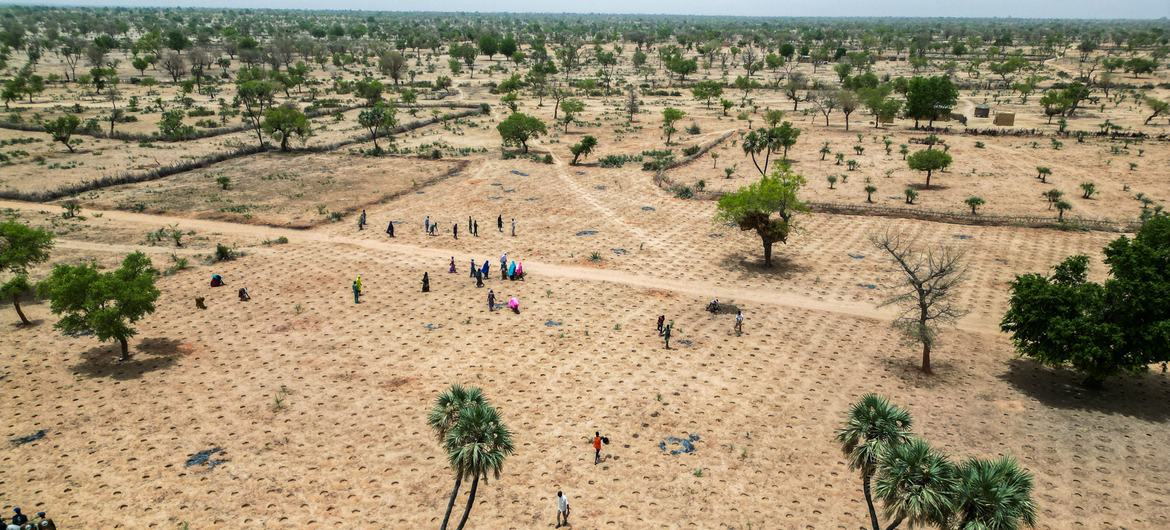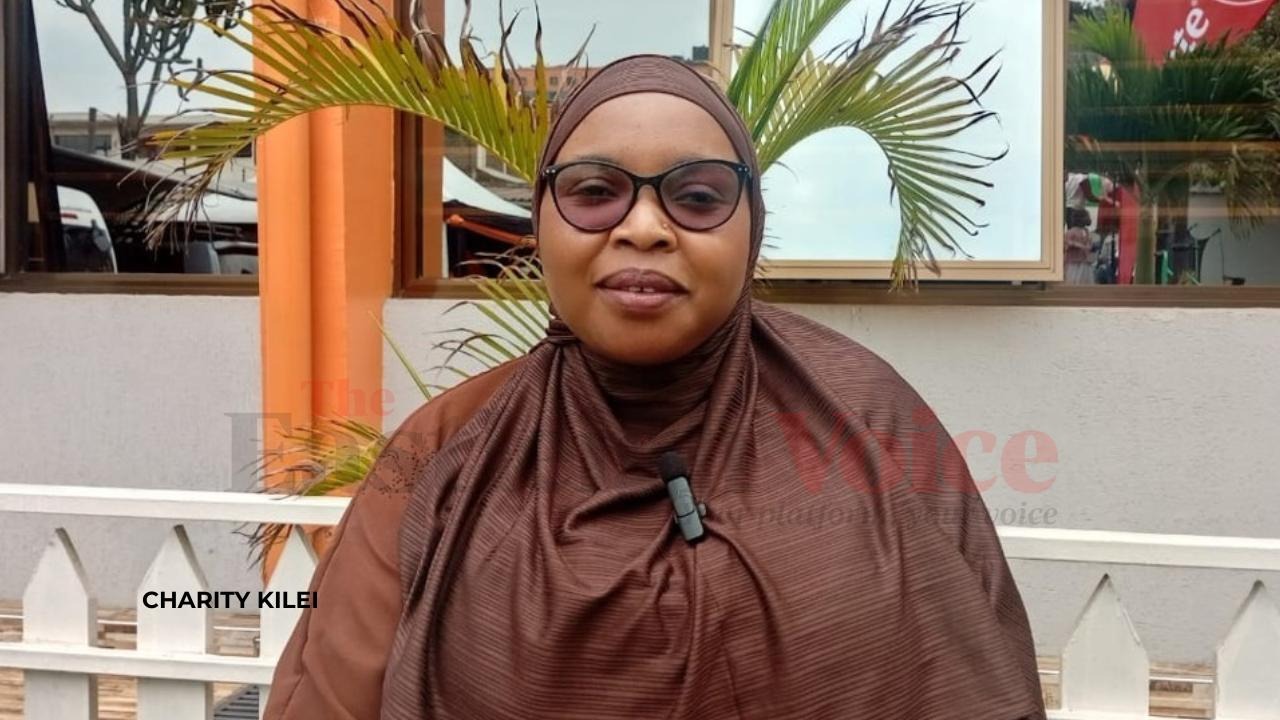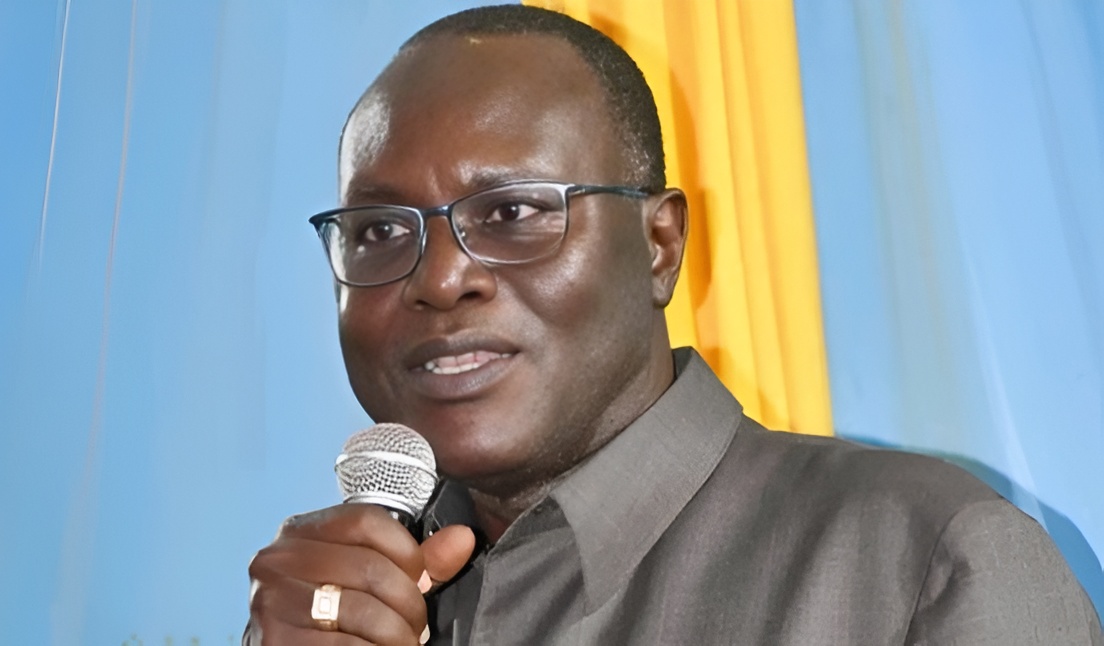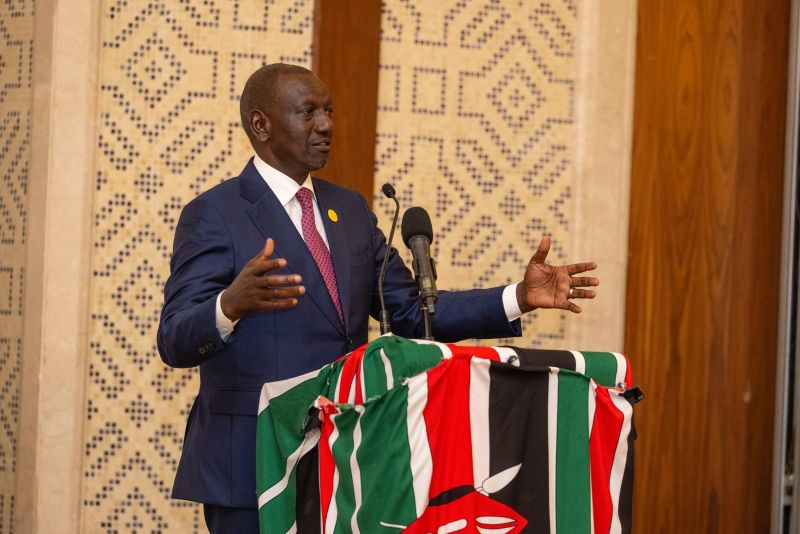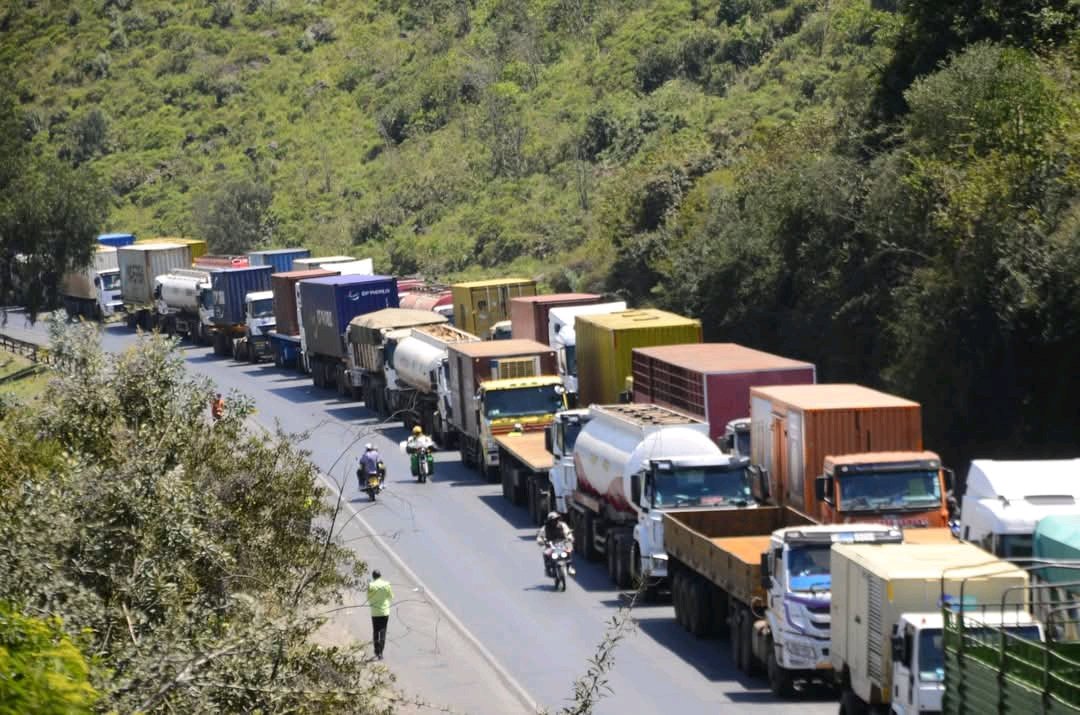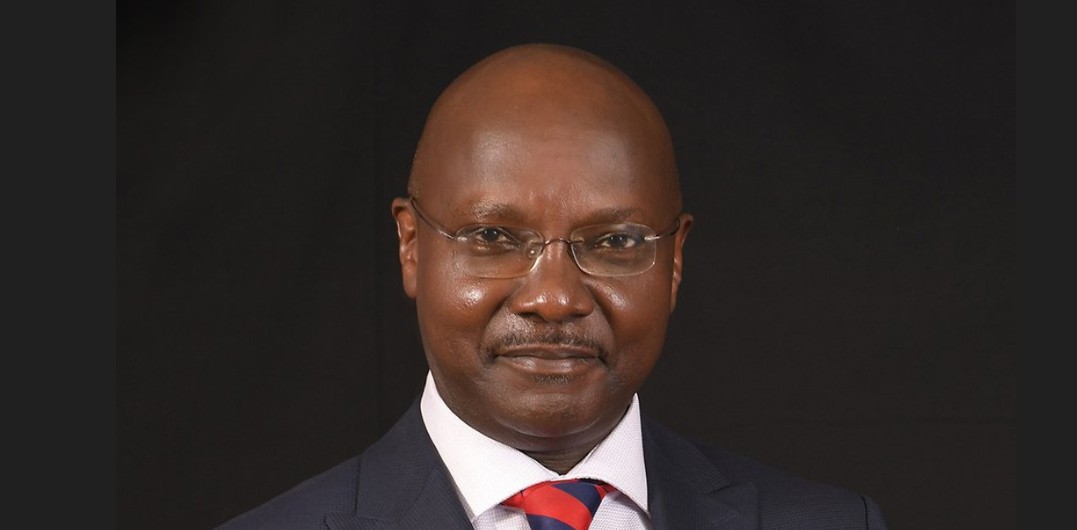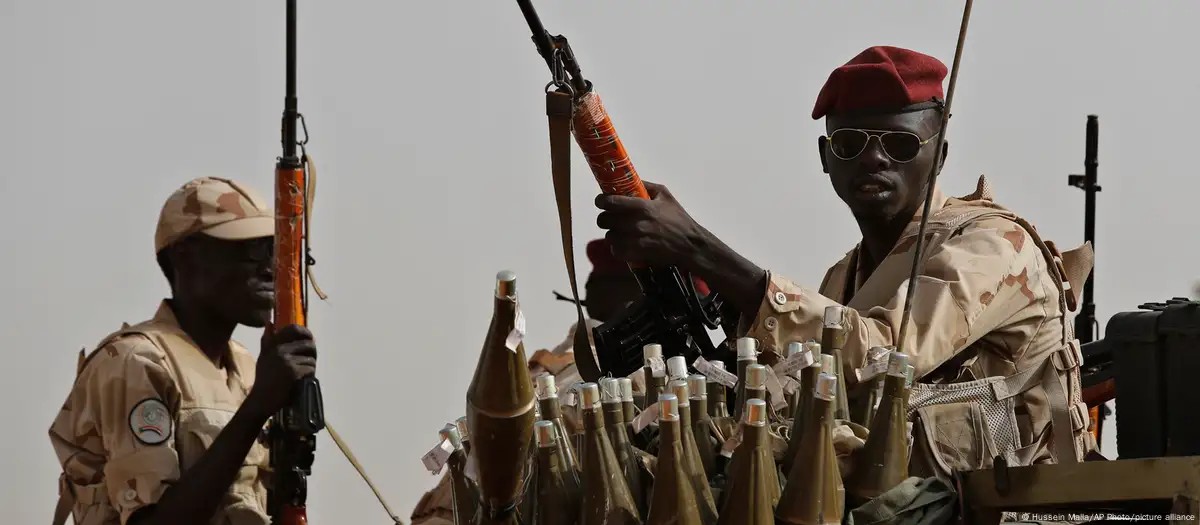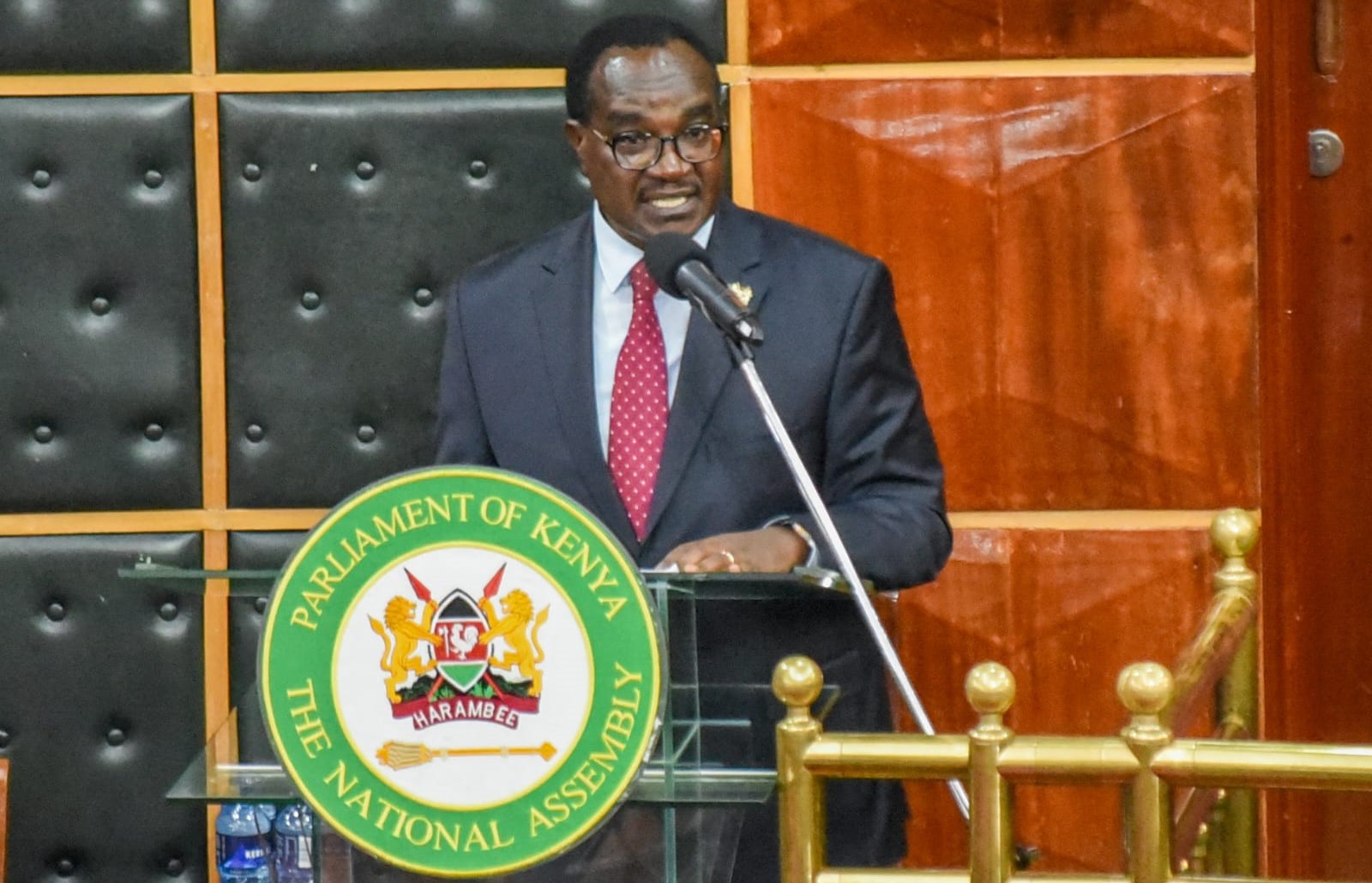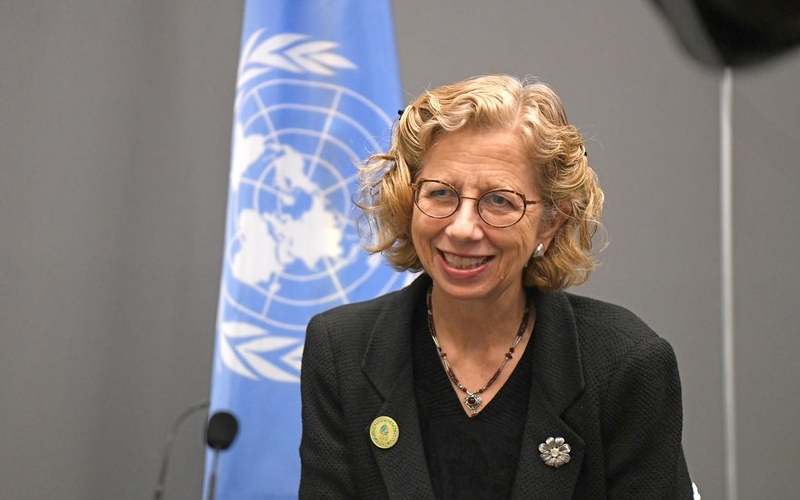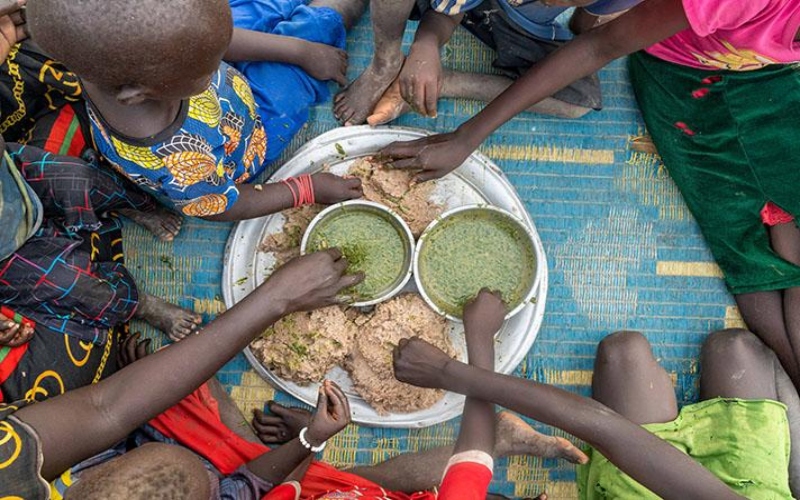Global surge in dengue fever sets new record with 10 million cases in 2024

As of December 19, 2023, the WHO African region had reported 171,991 suspected dengue cases, including 70,223 confirmed and probable cases, and 753 deaths across 15 countries.
The World Health Organisation (WHO) has declared dengue fever a grade-three emergency, indicating a serious global health crisis.
By July 23, The Lancet, a weekly peer-reviewed medical journal, reported that this year had seen the worst dengue outbreak ever with 10 million cases reported in 176 countries.
More To Read
- In narrow alleys of Sudan's capital, volunteers battle dengue fever spread
- UK, African researchers join forces in Sh1.4 billion battle against bilharzia
- Breeding grounds for danger: How improper waste management drives disease transmission
- Mpox outbreak: What you need to know to stay safe
- Kenyan football fraternity in mourning as Bandari Youth star Daudi Zakaria dies at 20
- How misinformation is hampering Kenya's fight against infectious diseases
Dengue is caused by four related viruses that are spread by the Aedes mosquito. Over the past 20 years, the number of reported cases has increased at least ten times.
The Lancet notes that the rise in dengue is mainly due to human activities. Factors like urbanisation, climate change, and increased movement of people and goods have helped the virus and its mosquito vector to spread.
Extreme weather events associated with El Niño and La Niña have boosted rainfall, humidity, and temperatures, which are ideal for mosquito breeding and virus transmission.
The 2023 Lancet report indicated a 42.7 per cent increase in the global transmission potential of Aedes aegypti due to rising temperatures from the 1950s to the 2010s, with even greater increases expected in the future. This increased virus spread raises the risk of secondary infections and severe dengue, leading to more hospitalisations and deaths.
Africa is a major hotspot for dengue, with 15 countries reporting active transmission in 2023. The continent’s limited experience with dengue, along with challenges like under-detection and lack of funds, makes it harder to prepare and respond to it.
“As Africa’s urban population grows — expected to reach 62 per cent by 2050 — there's a pressing need to include dengue prevention in urban planning. Recent severe outbreaks, such as in Burkina Faso, and a decrease in malaria cases, which might have previously masked dengue, have increased awareness and the need for better response strategies,” said Lancet.
African cases
As of December 19, 2023, the WHO African region had reported 171,991 suspected dengue cases, including 70,223 confirmed and probable cases, and 753 deaths across 15 countries. They were Benin, Burkina Faso, Cabo Verde, Chad, Côte d'Ivoire, Ethiopia, Ghana, Guinea, Mali, Mauritius, Niger, Nigeria, São Tomé and Príncipe, Senegal, and Togo. In 2023, dengue infections in the region have increased nine-fold compared to 2019.
While Kenya hasn’t reported any dengue cases this year, the coastal region saw an outbreak in 2021/2022. In early March 2021, Mombasa County reported the first cases of dengue, with 24 out of 47 samples testing positive, giving a 51 per cent positivity rate. By April, the situation worsened, with 305 out of 315 cases testing positive, showing a 97 per cent positivity rate.
Neighbouring Lamu County also reported 224 positive cases, including 59 children under five. In total, 553 cases were recorded from January to April, peaking in April. Thankfully, no deaths have been reported in either county so far.
Health officials in Mombasa warned about the dengue outbreak and instructed local health workers to implement targeted prevention and control measures.
WHO has called for effective dengue control which requires moving from reactive responses to long-term, integrated approaches. More funding is needed for comprehensive dengue programmes, including prevention, management, treatment, and surveillance. Integrating dengue prevention into urban planning is crucial for adapting to climate change.
“New technologies, including vaccines, offer hope for preventing outbreaks, though controlling them remains a challenge. Combining these measures with community initiatives can lead to lasting behaviour changes and better health outcomes, which could also help with other diseases spread by mosquitoes like chikungunya and the emerging Oropouche virus," said WHO.
Addressing the immediate threat of current outbreaks and the long-term challenges posed by climate change, urbanisation, and increased mobility requires a multifaceted and collaborative approach. The upcoming Lancet Commission on dengue and other Aedes-transmitted viral diseases aims to explore these issues, highlighting the need for comprehensive solutions.
Despite the growing problem, dengue does not get the attention or resources it needs. Outbreaks can overwhelm health systems and create significant economic burdens, yet funding mostly comes from the WHO Director-General's Emergency Fund, with limited additional country contributions. The seasonal nature of dengue and periodic outbreaks often lead to reactive rather than proactive measures.
Top Stories Today
